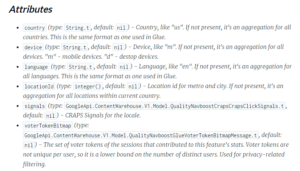Adding a blog to your website is a great communication vehicle for your business as well as potentially achieving additional high search engine rankings. But how do you ensure it actually gets seen?
Here are the top ten tips from our team:
1. Format your blog so that when a post is clicked from the index, it has its own dedicated page and ensure that the page is suitably optimised for the search engines, with an appropriate URL, meta tags, ALT attributes (where images are used) and H tags.
2. Ensure the title of the post is compelling and try to include primary target keywords, but only if relevant and don’t be tempted to squeeze in too many. If you’re unsure which keywords to use then we can help to identify them for you. Use bold for the title font if possible.
3. Also use target keywords in the main body of the post and link where appropriate to other posts or content on your website.
4. Link each blog post to the Google+ personal profile of the author. This gives the posts more prominence in search engine results pages, as shown in the example below. It also tells search engines that the content included is from the authoritative source, giving it preference over any sites with similar content.

5. Post unique content. The engines are far less likely to rank your posts if they have already found the same text elsewhere.
6. Post regularly. Out of date content is a real turn-off for visitors. It doesn’t reflect well on your company if you haven’t bothered to update the blog for 2 years – you’d be surprised how often we see this! The search engines also like fresh content and often allocate high rankings to new blog posts.
7. Promote your blog by emailing your contact list and share it across the social networks.
8. Show recent posts on the home page of your site.
9. Generate links to your blog from relevant external websites.
10. Finally, don’t forget to track the performance of your blog. Are the posts achieving high rankings and generating traffic to your website? Are those visitors then progressing to view further content from your site? Most importantly, is the blog generating any conversions – enquiry forms submitted, PDF downloads, online sales or other desired actions? Again, this is something we can set up for you.
If you need any help or advice on any of the points above, or on blogging in general, then do get in touch.



